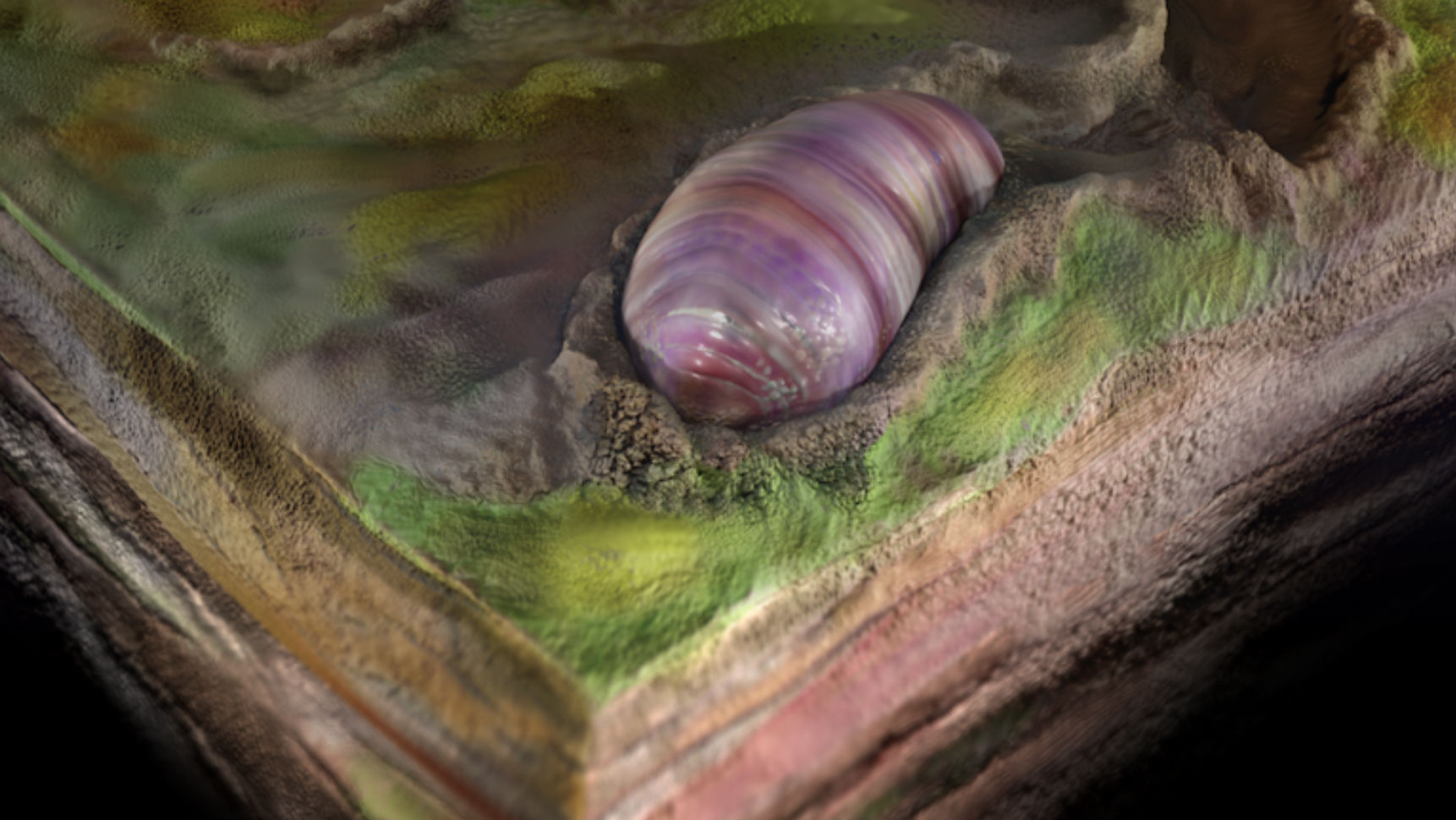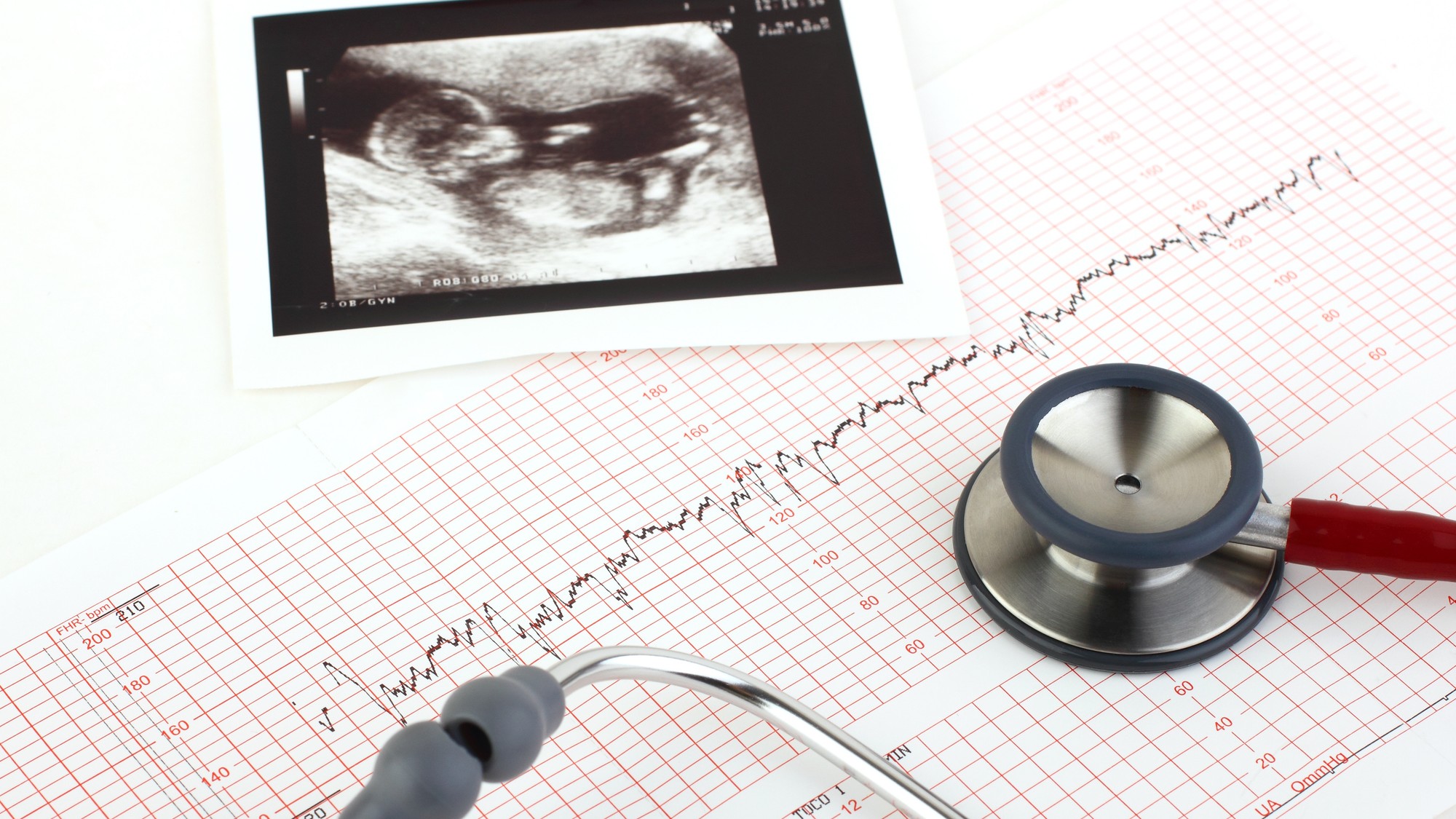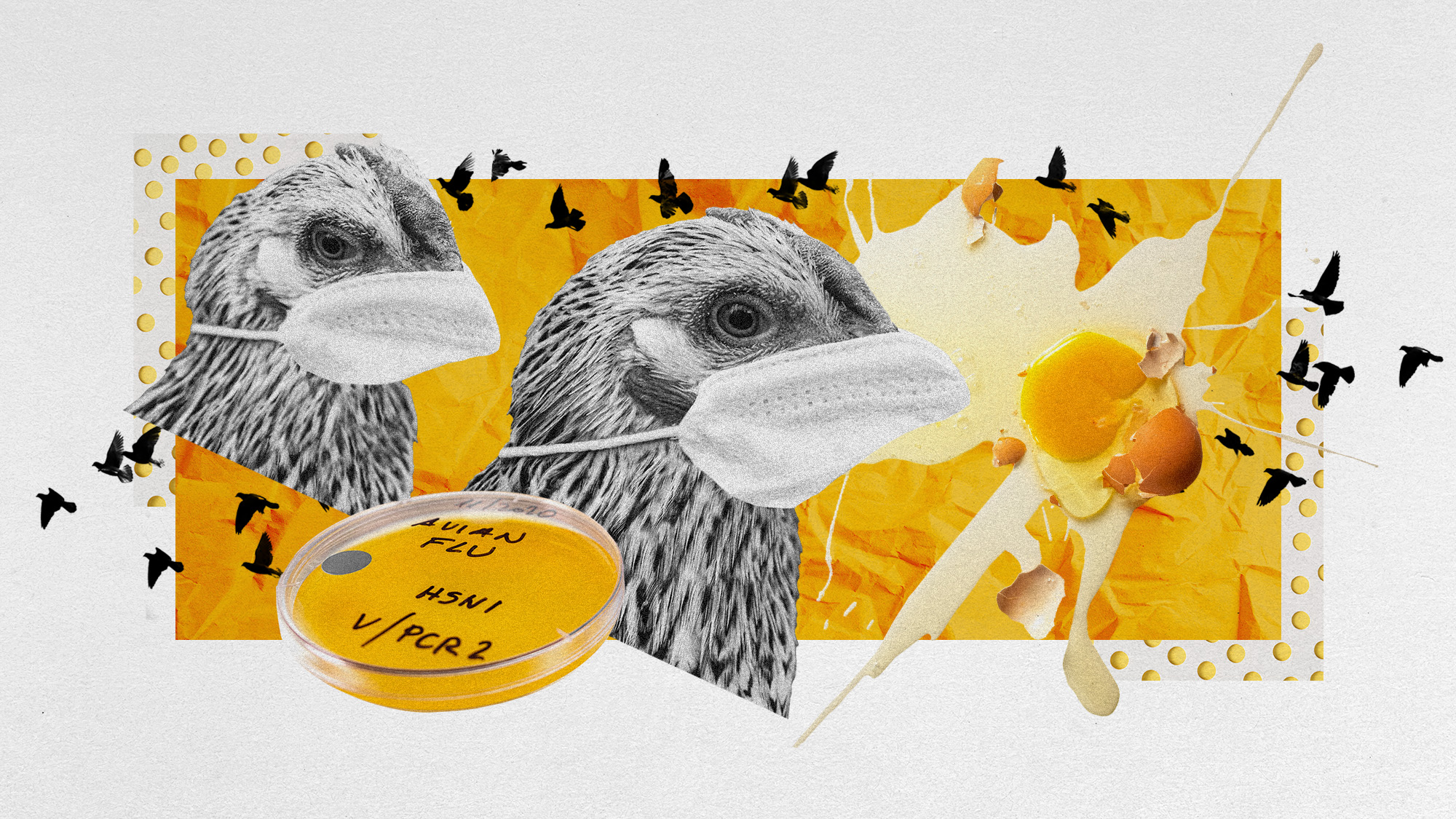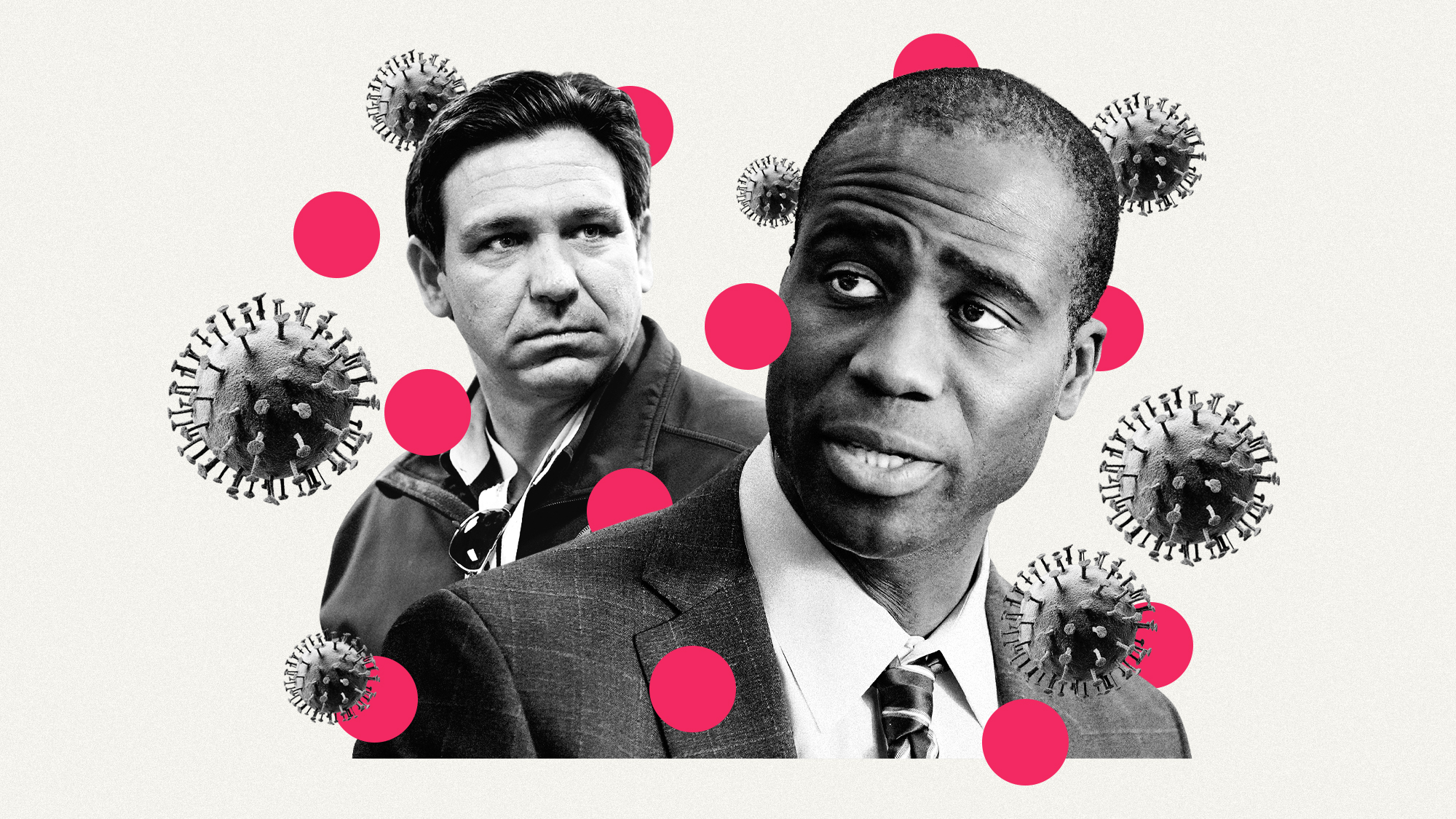Why everyone’s talking about Ikaria wariootia
Worm-like creature that could be 'ancestor of all animal life' found in Australia

A free daily email with the biggest news stories of the day – and the best features from TheWeek.com
You are now subscribed
Your newsletter sign-up was successful
The earliest organism that could be the ancestor of all animal life has been found in fossil deposits in Australia.
This tiny, worm-like creature, measuring between two and seven millimetres long, lived more than 555 million years ago.
Named Ikaria wariootia, it is the earliest known bilaterian – meaning an organism with a front and back, two symmetrical sides, and openings at both ends connected by a gut, says The Times.
The Week
Escape your echo chamber. Get the facts behind the news, plus analysis from multiple perspectives.

Sign up for The Week's Free Newsletters
From our morning news briefing to a weekly Good News Newsletter, get the best of The Week delivered directly to your inbox.
From our morning news briefing to a weekly Good News Newsletter, get the best of The Week delivered directly to your inbox.
–––––––––––––––––––––––––––––––For a round-up of the most important stories from around the world - and a concise, refreshing and balanced take on the week’s news agenda - try The Week magazine. Start your trial subscription today –––––––––––––––––––––––––––––––
What has happened?
For 15 years, scientists agreed that 555 million-year-old Ediacaran Period fossilised burrows in Nilpena, South Australia, were made by bilaterians, reports Science Daily.
However, there was no sign of the creature that made them until a team led by University of California, Riverside (UCR) geologists noticed tiny, oval impressions near the burrows.
A free daily email with the biggest news stories of the day – and the best features from TheWeek.com
The organism is important in evolutionary biology because “a multitude of animals, from worms to insects to dinosaurs to humans, are organised around this same basic bilaterian body plan”, reports UCR.
Being bilaterian, or possessing bilateral symmetry, allows organisms to move purposefully. Ikaria was a complex organism, compared to others from the period, and burrowed in sand layers on the seabed to find food, “indicating rudimentary sensory abilities”, says Science Daily.
The burrows also show V-shaped ridges, “suggesting Ikaria moved by contracting muscles across its body like a worm”.
The genus name Ikaria comes from the word “ikara”, meaning meeting place in the language of the local people, says the Times. The nearby Warioota Creek supplies the species name.
What has the reaction been?
Palaeontologist and lead author of the study, Scott Evans of the Smithsonian Institution’s National Museum of Natural History in Washington, told Science Daily: “Once we had the 3D scans, we knew that we had made an important discovery.”
“This is what evolutionary biologists predicted,” said Mary Droser, co-author and professor of geology. “It’s really exciting that what we have found lines up so neatly with their prediction.”
-
 The environmental cost of GLP-1s
The environmental cost of GLP-1sThe explainer Producing the drugs is a dirty process
-
 Greenland’s capital becomes ground zero for the country’s diplomatic straits
Greenland’s capital becomes ground zero for the country’s diplomatic straitsIN THE SPOTLIGHT A flurry of new consular activity in Nuuk shows how important Greenland has become to Europeans’ anxiety about American imperialism
-
 ‘This is something that happens all too often’
‘This is something that happens all too often’Instant Opinion Opinion, comment and editorials of the day
-
 Should we be worried about declining birth rates?
Should we be worried about declining birth rates?Talking Points Baby boom or bust
-
 Are men the problem with male contraception?
Are men the problem with male contraception?Talking Points Science could now offer contraceptive gels and pills for men, but questions remain over trials, and men's responsibility
-
 Should masks be here to stay?
Should masks be here to stay?Talking Points New York Governor Kathy Hochul proposed a mask ban. Here's why she wants one — and why it may not make sense.
-
 The bird flu fight is faltering
The bird flu fight is falteringTalking Points Are pandemic lessons going unheeded?
-
 OTC birth control arrives amid the battle over reproductive rights
OTC birth control arrives amid the battle over reproductive rightsTalking Points Opill will cost $19.99 a month. Democrats are pushing to make it cheaper.
-
 What Florida is — and isn't — doing to curb the biggest measles outbreak in the US
What Florida is — and isn't — doing to curb the biggest measles outbreak in the USTalking Points DeSantis appointee defies expert consensus to stop the spread
-
 Covid inquiry: the most important questions for Boris Johnson
Covid inquiry: the most important questions for Boris JohnsonTalking Point Former PM has faced weeks of heavy criticism from former colleagues at the public hearing
-
 No, it's not over
No, it's not overTalking Point New Omicron subvariants are headed our way